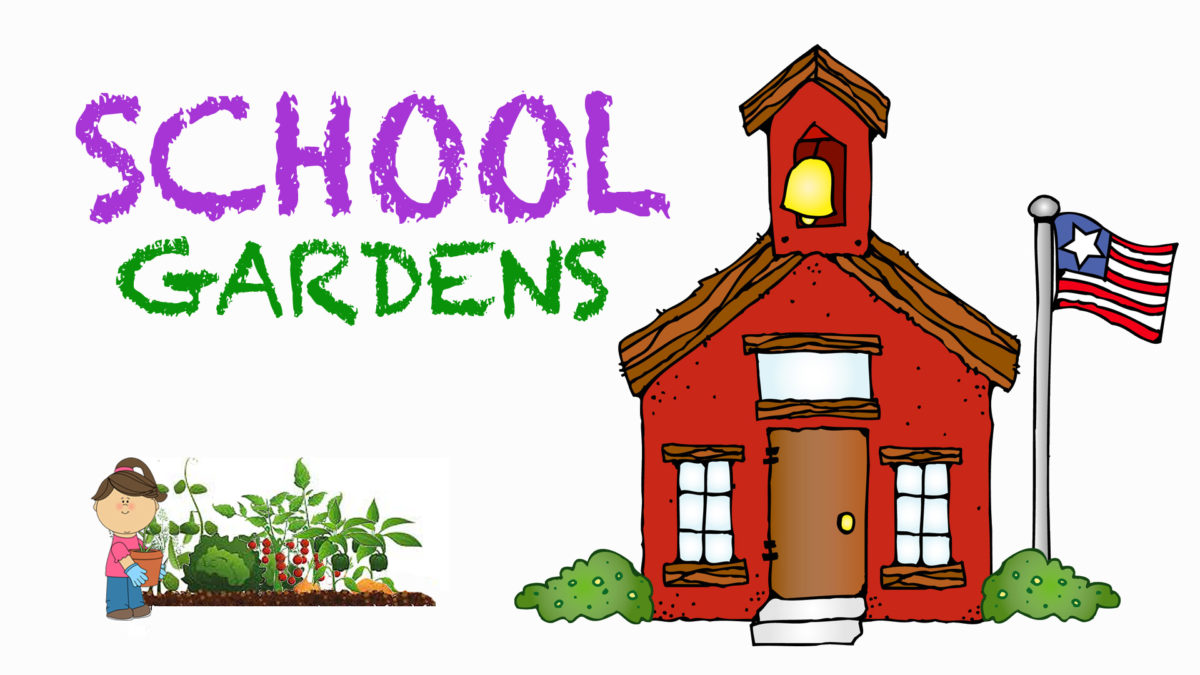HIRAM, GA – It’s not a sight that you see every day – kids – outside, and actually enjoying being there, but at McGarity Elementary School, and also in schools all around the state, it’s becoming a common occurrence; all thanks to school gardens just like this one that have been popping up the past couple of years.
“Almost 2 years ago, McGarity went through a remodel,” says Stephanie Degenaar, school garden coordinator at McGarity Elementary. “First remodel we’ve had in 25 years, and this space here was industrial, it was large air conditioning units behind this awful looking fence in the middle of the playground, and I knew that the air conditioning units were going to be taken down, so I thought, well, let’s turn this industrial space into something that is good for the environment. I said, ‘let’s build a garden.’”
They have managed to transform that old industrial space into a beautiful school garden. Of course, this wouldn’t be possible without a lot of help and dedication from other teachers, parents, and even the community.
“With a large project, something like this, it takes a lot of people. It takes a lot of dedication, it takes a group of people that you know are willing to put in the work,” says Degenaar.
Another big help in the success of school gardens comes from UGA extension. They send master gardeners to the schools to help get the gardens established.
“We focus on sustainable gardening right now, and our school programs offer programs that show children what they can grow in their own backyards, what they can take home and eat, how to grow that, and how to bring it into the community,” says Kristine Huffman, Master Gardner with UGA Extension.
Other than teaching the kids where their food comes from, they can also serve another purpose. School gardens can be a great way for the school to meet education requirements called STEM once the school has been certified by the state.
Sarah Graham, Science and Health Curriculum Coordinator for Paulding County says, “STEM is science, technology, engineering and mathematics, and it’s all of those core contents combined. Kids will not just do science, they’ll not just use technology, they’re not just learning math, they’re learning everything in an integrated way in a project-based learning type environment.”
The projects are very popular. So popular, the garden has gotten to be so big, they have started to work in the garden all year long and have started two different programs to allow as many kids to be a part of the garden as possible. One of them even lets the parents to be a part of it.
“The children come out and work with the garden club teachers once a month with their designs and they come out and work on those days. We also have an earth parent program and they come out on other work days. We have four of those a year. They come out, they help us paint, they help us build,” says Degenaar.
As you can tell by the excitement in their faces, it’s an enjoyable time for the kids and for the parents. Degenaar says the work days are a big hit as it creates a calm environment for the families to be together.
“There’s a lot of excitement about it and a lot of enjoyment when they come out and work in the garden because they get to come out and be with their kids and they get to do something that’s very stress free,” says Degenaar. “Not just homework, not just going to a ballgame, coming and actually working together to create something beautiful and to also learn where food comes from.”
By: John Holcomb

